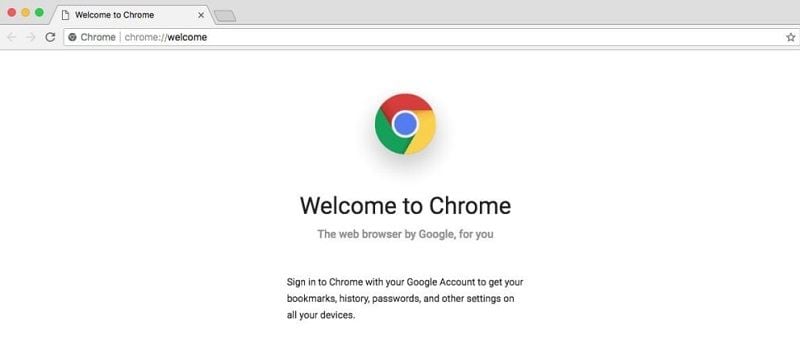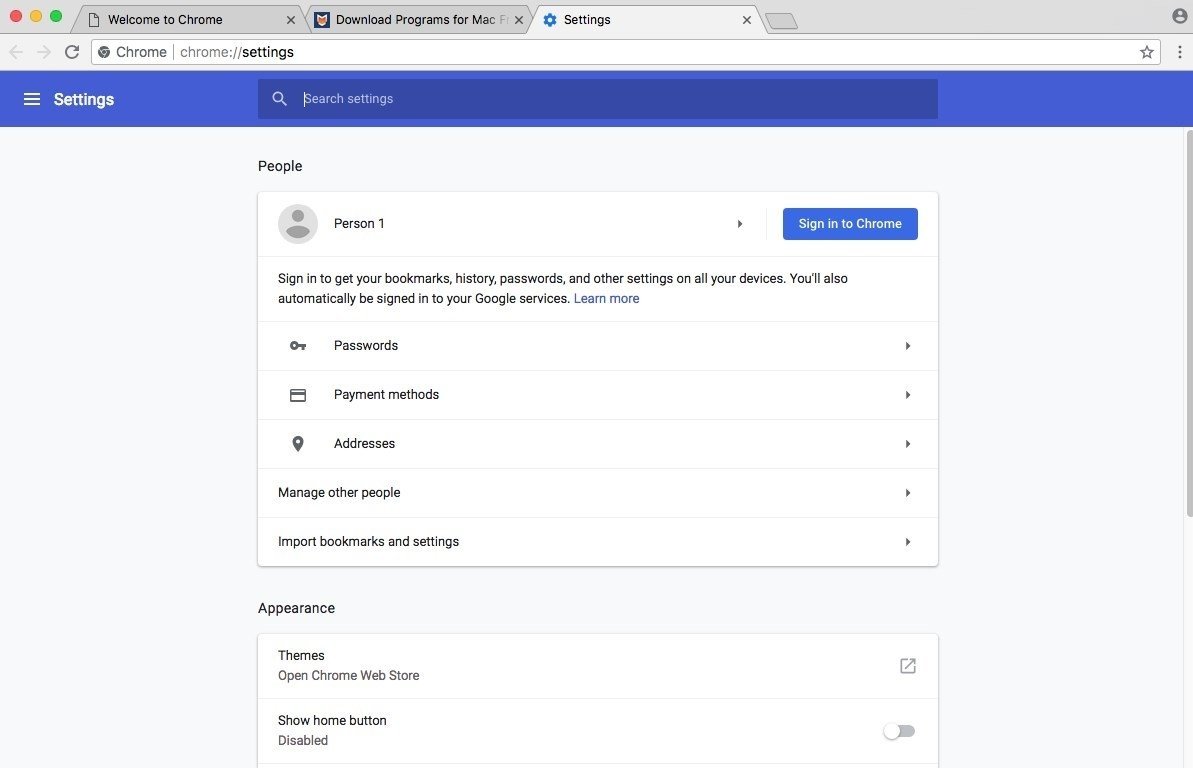
If you find a new issue, please let us know by filing a bug. Interested in switching release channels? Find out how here. Many of our security bugs are detected using AddressSanitizer, MemorySanitizer, UndefinedBehaviorSanitizer, Control Flow Integrity, libFuzzer, or AFL. Various fixes from internal audits, fuzzing and other initiatives

Google is aware that an exploit for CVE-2023-2136 exists in the wild.Īs usual, our ongoing internal security work was responsible for a wide range of fixes: We would also like to thank all security researchers that worked with us during the development cycle to prevent security bugs from ever reaching the stable channel. Reported by Nan and Guang Gong of 360 Vulnerability Research Institute on Medium CVE-2023-2137: Heap buffer overflow in sqlite. Reported by Clément Lecigne of Google's Threat Analysis Group on High CVE-2023-2136: Integer overflow in Skia. High CVE-2023-2135: Use after free in DevTools. High CVE-2023-2134: Out of bounds memory access in Service Worker API. High CVE-2023-2133: Out of bounds memory access in Service Worker API. Please see the Chrome Security Page for more information. Below, we highlight fixes that were contributed by external researchers. We will also retain restrictions if the bug exists in a third party library that other projects similarly depend on, but haven’t yet fixed. Note: Access to bug details and links may be kept restricted until a majority of users are updated with a fix. Stable Channel Update for Desktop - 1.137 A full list of changes in this build is available in the log Macworld notes that this is the eighth time Google has issued emergency patches to Chrome for Mac so far this year.The Stable and extended stable channel has been updated to 1.137/138 for Windows and 1.137 for Mac and 1.165 for Linux which will roll out over the coming days/weeks. For this reason, we’d advise doing a manual update by going to Preferences > About Chrome > Check for updates.

If you have automatic updates enabled, then Chrome will at some point update itself, but this can take days to weeks, as the company gradually rolls out updates to prevent server overloads. This is a flaw that allows an attacker to write arbitrary data to memory locations that should be protected. Google is not yet providing details of the vulnerability, as it first wants to allow time for users to update, but Macworldreports that it is a fix for a heap buffer overflow.


The company says it is “aware of reports that an exploit for CVE-2022-3075 exists in the wild.” Google has issued an emergency Chrome update for Mac users, to fix what the company refers to as a “high-severity” security vulnerability …


 0 kommentar(er)
0 kommentar(er)
